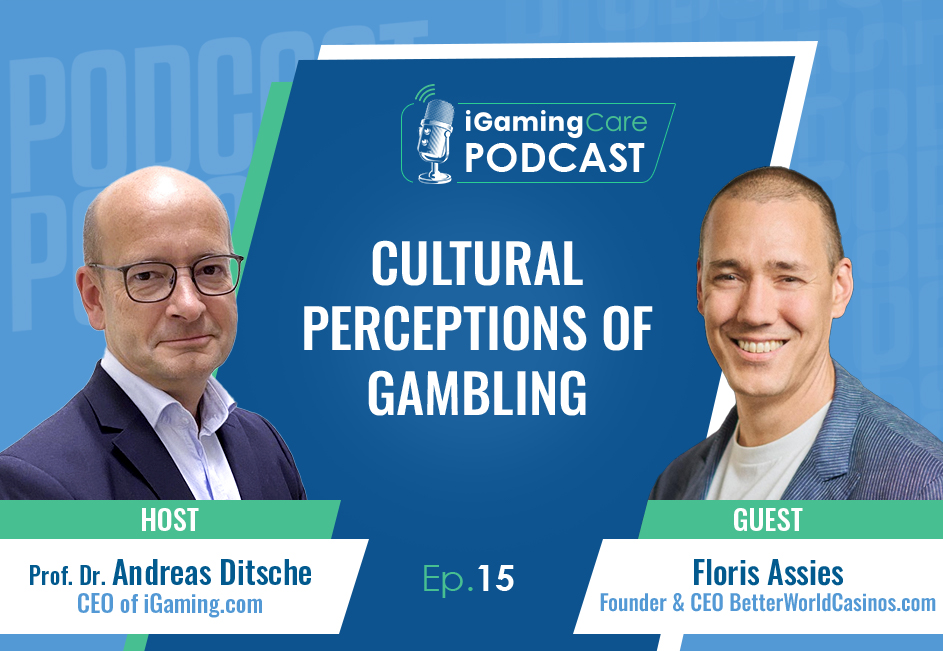
Cultural Perceptions of Gambling

Are cultural perceptions directly affecting the way people approach gambling? Can they influence addiction rates? According to Prof. Dr. Andreas Ditsche, CEO of iGaming.com, the answer is yes.
In the short video above, Prof. Dr. Ditsche gives Spain as an example. In 2024, the country saw a massive 21.63% surge in player registrations. Despite that growth, gambling addiction rates seem to have remained low, especially compared to other regions.
Prof. Dr. Ditsche believes one reason is that in Spanish culture and society, gambling is widely accepted as a standard form of entertainment, a leisure activity, rather than something morally wrong.
“So, you put some money on the table, like you buy a movie ticket or go for dinner. And when the money is spent, since you lose anyhow, you had 2-3 hours of entertainment, but you accept that you lose.”
Prof. Dr. Andreas Ditsche, CEO of iGaming.com
Problematic behaviour starts with warning signs such as increased spending, chasing losses, and ignoring safer gambling tools. But it’s further reinforced by negative societal perceptions.
Treating gamblers as outlaws creates a harmful dynamic. It could potentially contribute to an environment prone to higher addiction rates. Stigma remains the leading reason people avoid seeking gambling help in countries like the UK.
Exploring Ethics and Responsibility in Modern Gambling
Listen to the latest episode of the iGamingCare podcast, in which Prof. Dr. Ditsche and Floris Assies, Founder & CEO of BetterWorldCasinos.com, discuss the challenges of navigating ethics in the gambling industry.
As always, our primary goal is to educate players on responsible gambling and setting proper limits. We encourage you to take our self-assessment test to evaluate your gambling habits.
Reach out if you have any questions or need some help. We’re here to support you every step of the way.

